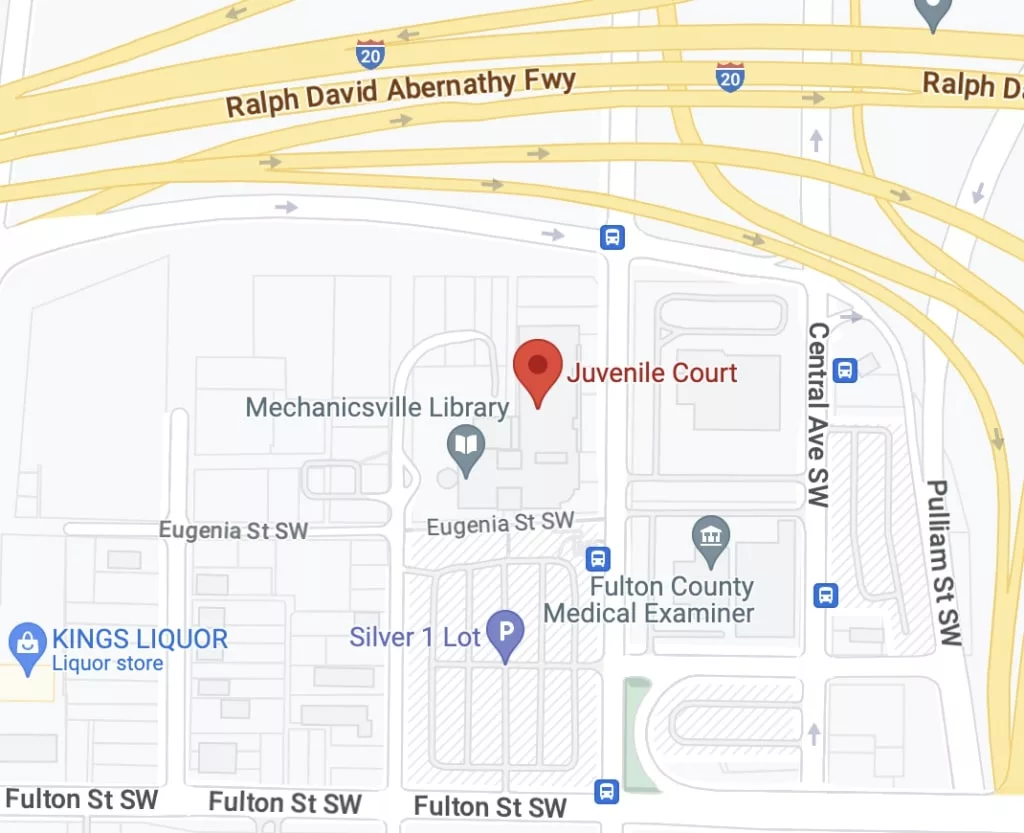Click on each question to see the answer.
The Fulton County Juvenile Court hears all cases involving allegations of dependency of children under the age of 18, children in need of services under the age of 18, and delinquency and traffic violations concerning children under the age of 17. The court is organized by Title 15, Chapter 11 of the Official Code of Georgia.
The court is located in the Judge Romae T. Powell Juvenile Justice Center at 395 Pryor St. SW, Atlanta, GA 30312.
The court is open Monday through Friday from 8:30 a.m. to 5:00 p.m.
The Juvenile Justice Center can be reached by public transportation via MARTA Bus Route 49.
Parking is available in the lot located in front of the Juvenile Justice Center. The lot is accessible from Pryor Street Southwest, Fulton Street Southwest and Formwalt Street Southwest.
The Judge Romae T. Powell Juvenile Justice Center is a secure facility. All persons entering the building will be required to pass through a metal detector and have hand-carried objects scanned. Weapons of any kind and cameras are not permitted into the building. Filming with cell phone cameras is prohibited.
In keeping with its mission and mandates from both Fulton County and the State of Georgia, the Fulton County Juvenile Court provides the following services:
- Appointment of Guardians
- Citizen Panel Review
- Court Appointed Special Advocates (CASA)
- Children in Need of Services (CHINS) Proceedings
- Delinquency Proceedings
- Drug Testing
- Educational Advocacy Services
- Family Drug Court and Teen Drug Court Programs
- Guardian Ad Litem (GAL)
- Indigent Defense Services
- Juvenile Counseling
- Mediation Services
- Medical Care for Juveniles in Custody
- Mental Health Services
- Probation Services
To submit a record request, please send to [email protected]. The request should include name, date of birth, file number if known, and what records are needed.
Probation is a sanction ordered by the court giving youth a period of time in the community to comply with the law and specific conditions.
Once your child has been referred to the Probation Department for supervision, the assigned Probation Officer will work with the family to develop a case plan to address behaviors and risk factors that led to their involvement with the juvenile justice system. The case plan may include referrals for supportive services, referrals for treatment, and restorative justice programs such as the completion of community service hours.
When a probated youth has met all terms and conditions of his/her probation within the supervision period, they have no new criminal charges, and made reparations, while demonstrating a positive change in behavior previously deemed delinquent in nature, they may be discharged from supervised probation.
After two years have elapsed since final discharge of a delinquent matter, the youth can file a Motion to Seal their juvenile record. This request is processed in Intake Unit of the Fulton County Juvenile Clerks’ Office.
Contact with Probation Officers is based on a youth’s risk level. When a youth is placed under the authority of the Probation Services Department, a Youth Assessment and Screening Instrument is completed to determine the youth’s risk to reoffend, and their services/programs needed to abstain from more delinquent behavior. The higher the risk to reoffend, the more contact a youth will have with the Probation Officer.
Any noncompliance with the law or the court ordered sanctions can be considered a violation of probation. The case can be taken back before the Judge to determine whether the youth is in violation of their terms and conditions of probation.
The consequences of violating the terms and conditions of probation depend on the seriousness of the violation. Violations may be handled informally with a graduated response or sanction, or the Probation Officer may request the youth have additional terms and conditions of probation be imposed or the youth may appear before the court.
No – you should immediately call 911 if the threat of harm to self or others in imminent or call/text the 24/7 Suicide and Crisis Lifeline at 988. 988 is a direct, national three-digit line that connects individuals with suicide prevention and mental health crisis resources. 988 calls, texts and chats in Georgia are answered by the Georgia Crisis and Access Line (GCAL), 24 hours a day, 7 days a week, 365 days a year.
You should complete the Parent Questionnaire that will be provided to you either via email or by a member of the FCJC Behavioral Health Team in suite #2128. All school records (such as IEPs, evaluations, grades, etc.) and any clinical evaluations, reports or documentation should be provided prior to the evaluation.
No – only youth/families who are enrolled in specialized programs/Accountability Courts receive individual and/or group counseling services by a FCJC clinician. However, our clinicians do offer clinical support and psychoeducation to children, families, court staff members and community stakeholders via trainings, presentations, and by highlighting Children’s Mental Health Awareness every year during the month of May. They also conduct court-ordered Trauma, Substance Use Disorder and Diagnostic Assessments, facilitate clinical case staffings and serve as case plan managers for children who have been deemed mentally incompetent to stand trial.


